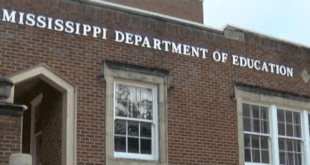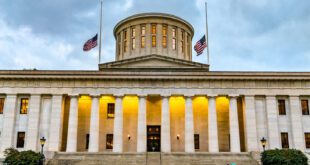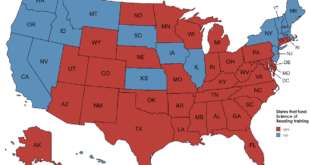Florida Education Faces a Battle over Book Bans
As the new school year approaches, Florida finds itself embroiled in an educational war over book censorship. The state became the first to pass laws facilitating parental challenges to books deemed ‘inappropriate.’ However, many educators and parents see these laws as an excuse for censorship rather than a means to enhance communication.
Concerns of Censorship
Lissette Fernandez, a mother of two, believes that communication between parents and teachers has always been adequate. She states, “Parents have always had the ability to voice their concerns to schools, administrators, teachers, and school boards regarding materials they might find inappropriate for their children.” Despite this, numerous books, particularly those with themes of race or sexuality, are being banned or pulled from shelves. This includes well-known works such as Toni Morrison’s “The Bluest Eye” and Amanda Gorman’s poem “The Hill We Climb.”
Defending Unbarred Education
Gorman expressed her disappointment at the banning of books, stating that it robs children of the opportunity to discover their voices through literature. An organization called Moms for Libros has joined the fight against censorship, working to defend children’s right to an unbarred education. Co-founder Lissette Fernandez emphasizes that complete education and the understanding of a diverse world are vital.
New Standards on Teaching Black History
Compounding this issue, the Florida State Board of Education has implemented new rules regarding the teaching of black history in schools. These standards are contentious as they claim that black people benefited from slavery due to the skills it taught them and portray them as perpetrators of violence during race massacres. Many, including Fernandez, find it horrific that these standards attempt to whitewash the atrocities of slavery.
Political Back-and-Forth
Vice President Kamala Harris openly condemned the new curriculum, describing it as misleading and false propaganda. Florida Governor DeSantis invited Harris to discuss the African American History standards but was declined. This debate follows the state’s previous ban on the AP African American history course, which was deemed to lack educational value and historical accuracy.
Impact on Students and Teachers
Earlier this year, new laws restricting books in school-wide libraries also applied to teacher’s classroom collections. This left students faced with empty or covered bookshelves. These restrictions have created tension between teachers and students and may have long-term detrimental effects on academic performance. Additionally, Fernandez believes that book bans deny children access to resources that help them understand their bodies, potentially leaving them vulnerable to harmful influences.
The Role of Librarians
Fernandez argues that decisions about book selections should be left to librarians who are experts in their field and have students’ best interests at heart. She believes that political agendas are interfering with her children’s education and that diversity should be celebrated rather than suppressed. The emphasis should be on providing children with a well-rounded education that exposes them to a wide range of perspectives and experiences.
In conclusion, the battle over book bans in Florida is not only about censorship but also about ensuring an education that embraces diversity and encourages critical thinking.
 Mind Uncharted Explore. Discover. Learn.
Mind Uncharted Explore. Discover. Learn.



